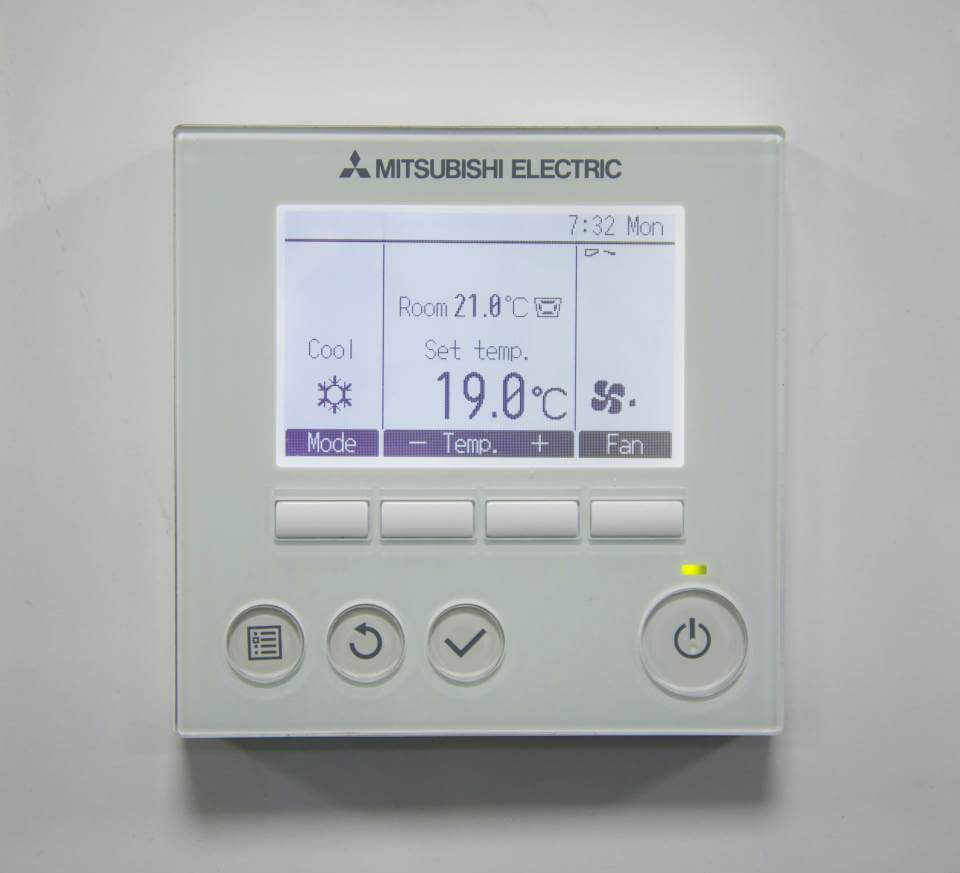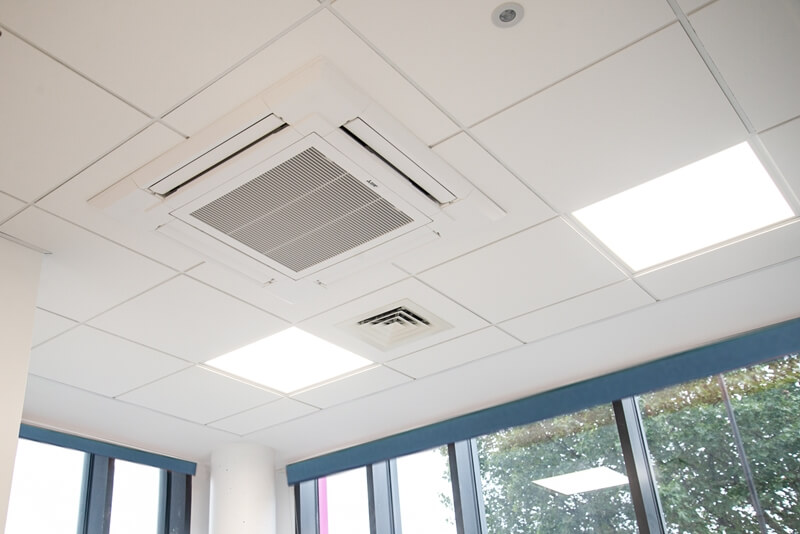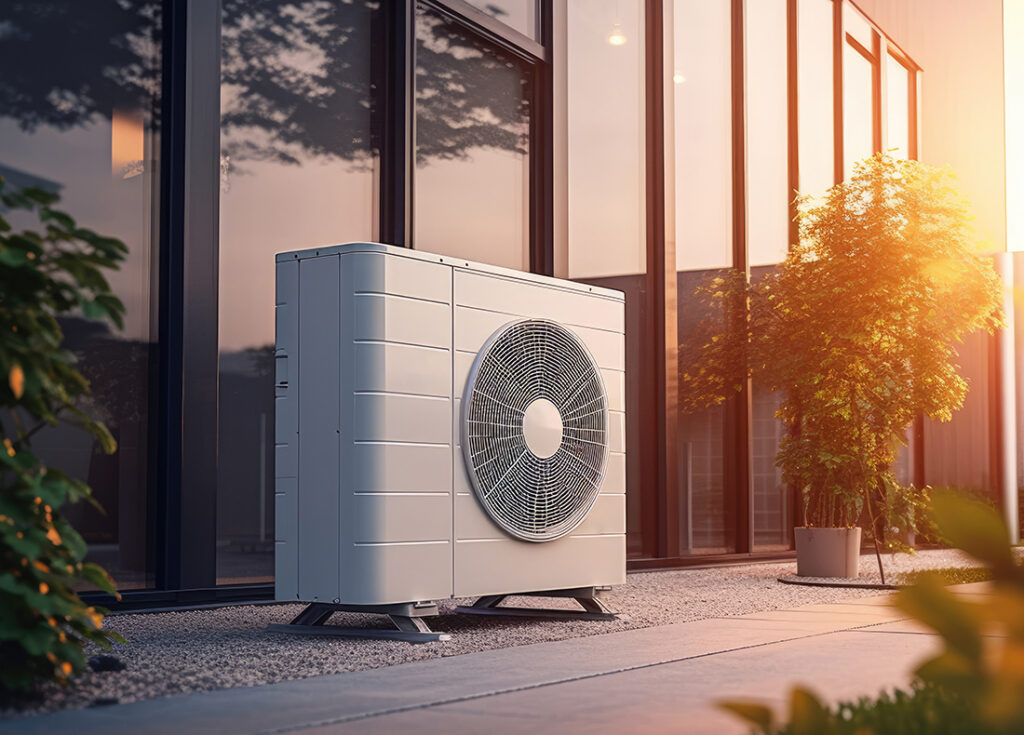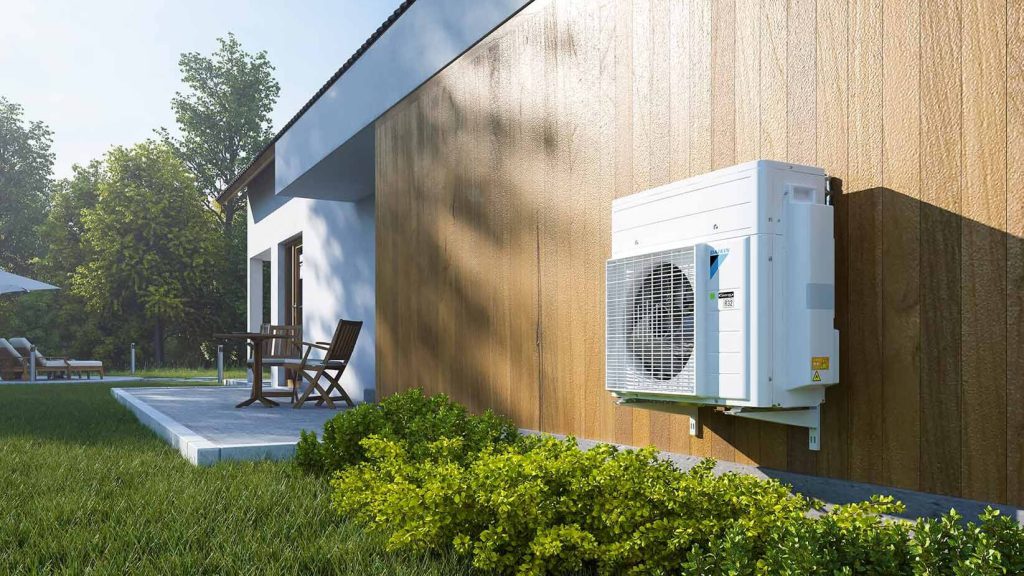Residential Heat Pump Installation
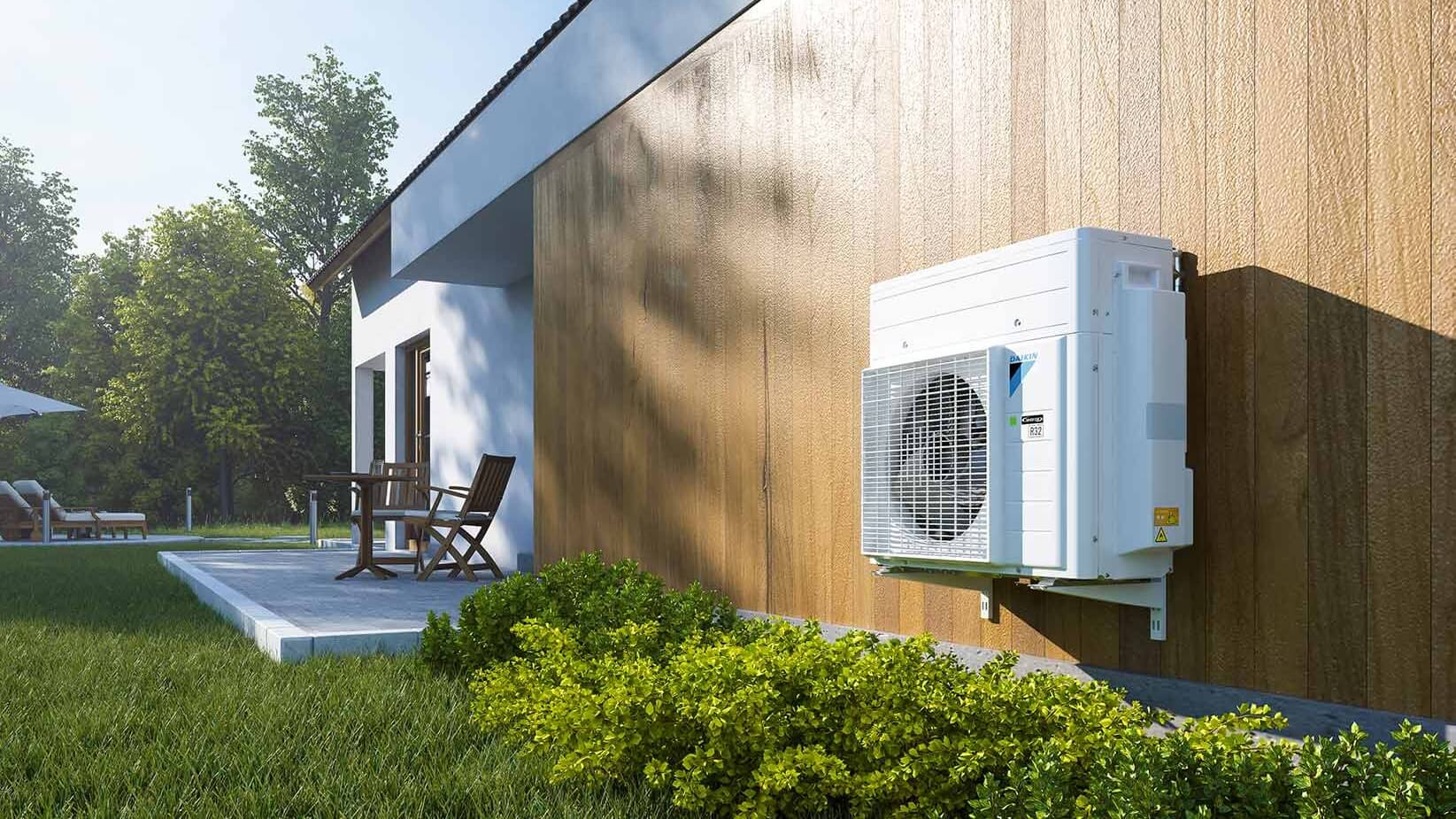
Estimated reading time 5 minutes
In a drive towards residential energy efficiency, Rishi Sunak announced the removal of VAT on all residential heat pump installations in April 2022. The Energy-saving materials and heating equipment (VAT Notice 708/6) explains that VAT Act 1994, section 30 holds that goods and services specified in schedule 8 to the act are zero-rated. Schedule 8, group 23 (as inserted by the Value Added Tax (Installation of Energy-Saving Materials) Order 2022) specifies when installations of energy-saving materials in Great Britain are zero-rated during the period 1 April 2022 to 31 March 2027.
It goes onto say that from 1 April 2022 until 31 March 2027 a zero rate applies to the installation of certain specified energy-saving materials (read paragraph 2.10) in, or in the curtilage, of residential accommodation in Great Britain (read paragraph 2.21).
The notice gives various examples of the installation of energy saving materials. This includes the installation of an air source heat pump together with new radiators and pipework in residential accommodation.
Further Push Towards Energy Efficiency
In a further push towards improving energy efficiency in residential properties the Federation of Master Builders (FBM) have called for the new business secretary to deliver a UK-wide retrofit plan. They are urging the UK government to keep to the commitments made in 2019 which pledged to help reduce domestic energy demand by considering a wider national commitment to energy efficiency in buildings.
Brian Berry, Chief Executive of the FMB said “While direct government intervention to help struggling homeowners with energy bills will be vital over the coming months, it is ultimately a short-term strategy. Long-term, we must improve the efficiency of the UK’s leaky homes and reduce our energy use. Retrofit creates a pipeline of work for local builders, opens up vocational training routes and crucially slashes energy bills.”
The FMB also reported that 74% of members are in favour of the UK Government introducing a long term plan to reduce energy consumption by making existing homes greener and more energy efficient.
Energy Prices
According to the House of Commons Library research briefing paper on “Domestic Energy prices” household energy bills increased by 54% in April 2022 and 27% in October (after government intervention and a cap on energy charges).
Given the increasing energy prices it makes sense to try to reduce the energy consumption within residential properties. This begs the question; would an air source heat pump be right for all homes and would an air source heat pump help to reduce residential energy bills?
Is An Air Source Heat Pump Right For You?
According to e-on’s article "Are air source heat pumps worth it?" one criteria for any home looking to install an air source heat pump is a reasonable amount of outdoor space which allows for good air flow. It’s also important to allow enough space for maintenance. Siting the unit away from any areas with bushes or shrubbery which could block air flow is also preferable. Like all equipment heat pumps can generate some noise so it's best not to locate the pump underneath a bedroom window.
It’s important to note that when you connect an air source heat to your existing radiators, your radiators won’t be as hot as they would if you were using gas or oil boilers. As they operate at lower temperatures it’s vital that the home is properly insulated to ensure heat generated isn’t lost to the outside.
Energy Efficiency As A Factor
Air source heat pumps are more energy efficient, and therefore more sustainable than other heating systems such as oil and gas as they provide more heat energy than the electrical energy that they use. The efficiency of an air source heat pump and the amount of heat produced is measured by its Coefficient of Performance (CoP) value.
With a CoP of four an air source heat pump produces four times the number of units of heat for every unit of electricity it consumes. In comparison electric heaters work at around 100% efficiency meaning they use one unit of electricity to produce 1 unit of heat; a gas boiler works at 90% efficiency but is around two thirds cheaper than electricity. Consequently, an air source heat pump must be at least 300% more efficient to be able to compete against electrical and gas heating systems.
Another measurement of importance is the Seasonal Coefficient of Performance (SCoP) or Seasonal Performance Factor (SPF). This looks at temperature fluctuations throughout the year and helps to calculate the ongoing, year-round cost of running a heat pump. Based on the CoP and SPF you will then have a better indication of what your running costs will be.
Finding the Right Air Source Heat Pump Installer
When it comes to the installation it’s important that your installer understands the technology and how low temperature heating systems work, as well as which brand would work best for your home and what design will give the best results. You can read more in our previous article "Is An Air Source Heat Pump the Right Choice For My Home?"
Synecore, M&E Contractors For Heating, Ventilation and Air Conditioning
Synecore is an expert home air conditioning installer in Kent, London, Surrey, Sussex, Essex. We provide installation of high quality products from leading manufacturers. Our customers also benefit from our 7 year warranty when they sign up to our cost-effective air conditioning maintenance plan that offers complete peace of mind.
At Synecore we offer the best solutions for your home air conditioning installation. There are many affordable options available to homeowners and property developers with energy ratings of A+++, helping you keep your energy bills down, while having a positive impact on the environment. We can design and install air conditioning throughout your entire property or we can focus on individual zones. Either way, we’ll find the right application for you.
If you’re looking to install new air conditioning or to setup an air conditioning maintenance contract, contact our team or call on 01795 509 509. We’ll talk you through your options and provide you with expert advice for your business.
